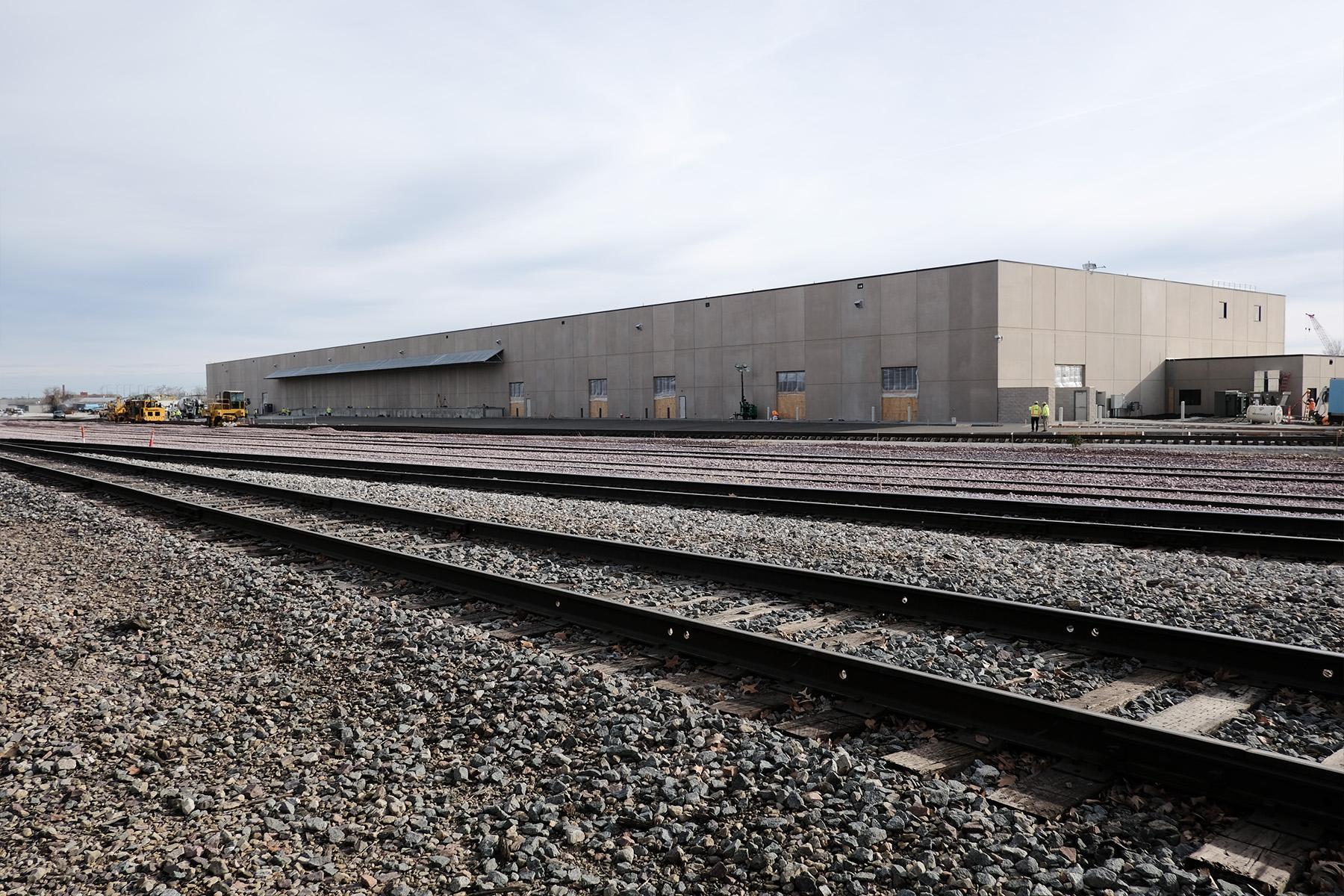Transloading Facility in Des Moines Could Help Cut Transportation Costs and Supply Chain Disruptions

Starting next month, Des Moines Industrial (DSMI) will officially be the premier rail-based transportation hub in Iowa. After breaking ground earlier this year, the industrial transloading facility is near completion as crews continue working to connect it to rail lines that extend across the continental U.S. The site has direct access to Iowa Interstate Railroad, Norfolk Southern and BNSF railroads. It’s also just a mile from the nation’s busiest commercial trucking intersection of Interstates 35 and 80.
Paul Cownie, CEO of DSMI, told the Des Moines Register, “The thing that makes this special is we think it’s the only real transloading facility in the country that has connectivity to four different railroads. So, we can get anywhere in the country from this site.”
Once the facility opens, it’s anticipated to become a busy rail hub, introducing a new line of shipping that will lead to lower distribution costs for Des Moines companies. As supply chains continue to be disrupted and homebuilding in central Iowa show no signs of slowing down, DSMI can help decrease costs and speed up delivery of materials.
Ryan was brought on to build the facility and when John Ryan, director of construction, was asked by the Des Moines Register about whether it will help with material costs for future projects, he stated, “The two are closely connected in our world. Our contracts are often based on timeframes and so I think having access to broader networks to bring materials to Des Moines is going to lead to more competition and ultimately lower prices from that perspective. But I also think that in the event that there’s a disruption to the supply chain locally, we have the ability to access the further reaches and bring them in more quickly.”
Crews have spent the past year laying 15,500 linear feet of railroad track that connect to existing lines. A 115,00-aquare-foot warehouse with 14 loading docks has also been built with room to expand the current building and enough land to add another 130,000-square-foot warehouse.